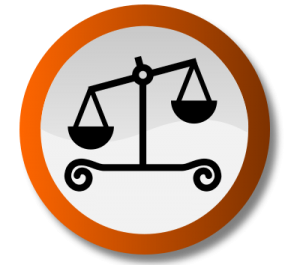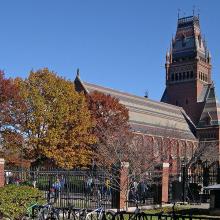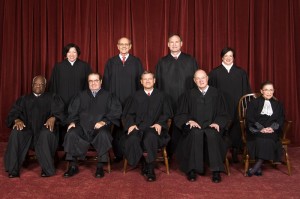lawyers
THE TAR SANDS in Alberta, Canada, have been in the news a lot lately, since they appear to be a promising source of energy for the United States, a nation hungry for a fuel derived by despoiling pristine forests, fouling fresh water sources, and enriching oil executives. (Nobody said capitalism would be pretty. Cute and cuddly, perhaps, but not pretty.)
Actually, I’m not familiar with this new type of energy source. Is it the tar we want, or the sand? Probably not the tar, since it’s too sticky and is mainly used as a preservative for saber-toothed tiger skeletons in California, something I learned in an eighth grade history book with lots of pictures. (I like pictures.)
So it must be the sand, which one day our cars will run on, to which I must add: Are our scientists brilliant, or what?!
Unfortunately, extracting this energy source domestically could be a direct threat to our beaches, the nation’s principal source of sand. Which is why I plan to Occupy the Beach of My Choosing later this summer, and stand in powerful protest—or, after a heavy picnic lunch, lie on a blanket in powerful protest—against exploiting this valuable resource.
Come to think of it, Saudi Arabia has lots of sand. So maybe we can get it from them.
There is something fundamentally wrong with our education system when the draws of a huge salary and big bonuses consistently trump the aspirations and dreams that were front and center in our lives just four years earlier. Debts, a lack of job opportunities in other fields, your basic standard-issue panic — or maybe a simple absence of imagination can take hold and send us running into the arms of the recruiter with the flashy suit, a Hollywood smile and promise of a better life.
As Terkel reminds us: “Young people will continue to go work in the financial sector as long as its pay is disproportionately higher than alternative careers. It's basic human nature: Follow the money.”
But what would it look like if we didn’t follow the money? What if Wall Street paid no more than schools or hospitals?
What would our economy look like if these leading young minds chose not to work for big banks and consultants, but instead were the teachers that helped turn failing schools around, the innovators and engineers who were designing products that would create thousands of new jobs?
What needs to be done so that the finest members of the 2012 graduating class head to Main Street instead of Wall Street?

By the time someone figured out what happened, the deadline to appeal the denial of his post-conviction appeal had passed. So far, the state of Alabama has successfully argued that despite the mail room debacle, Maples should have been aware -- through his local counsel -- that the clock was ticking and that he just blew it.
Courts have struggled for years over the question of who should bear the penalty for a lawyer's mistakes or incompetence and the Maples case represents an extreme example of the problem of imputing the mistakes of a lawyer to the client.
The U.S. Supreme Court is set to begin hearing oral arguments this week in one of the most important church-state cases in decades. In Hosanna-Tabor Church v. Equal Employment Opportunity Commission, the court will consider whether a Lutheran school in Michigan is subject to a federal law banning discrimination based on a disability.
In the first year of Gail Collins's survey of "the amazing journey of American women from 1960 to the present," I turned 12.
Sojourners received this letter in response to our action alert last week calling for your letters and prayers to challenge Glenn Beck's view of the health-care debate:


